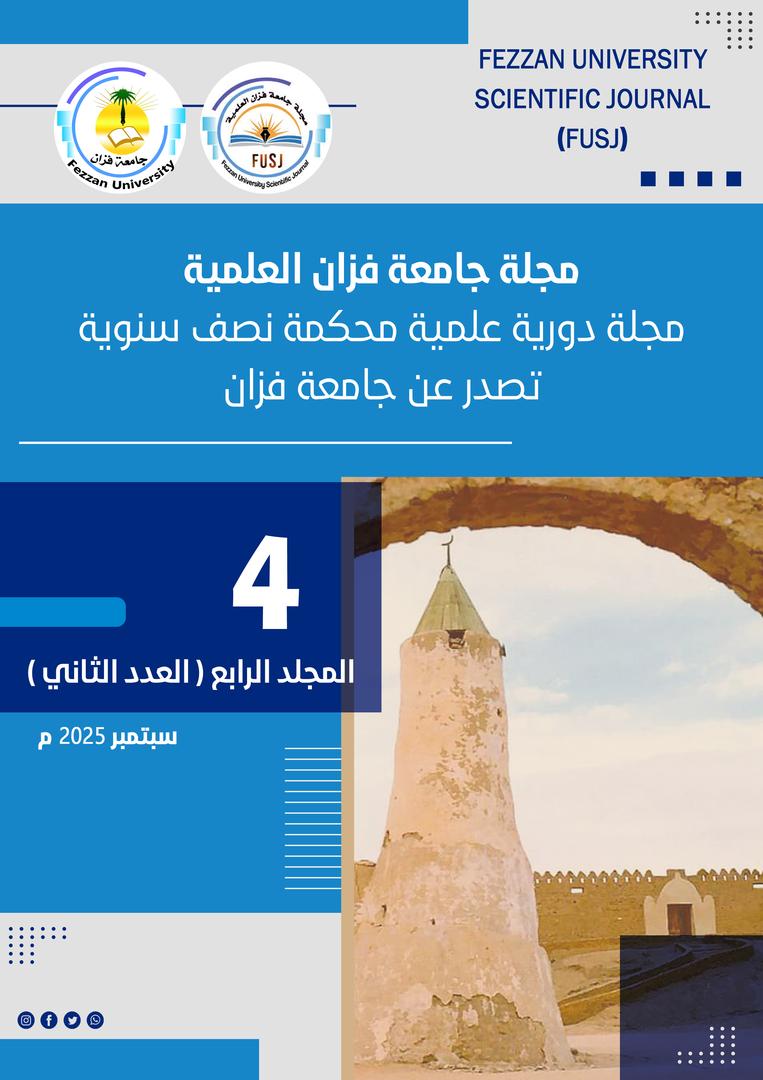مساهمة مستوى التنويع الاقتصادي في النمو الاقتصادي بالجزائر دراسة قياسية خلال الفترة (1990-2023)
##plugins.themes.academic_pro.article.main##
الملخص
تعتبر مسألة التنويع الاقتصادي من المواضيع الهامة التي تشغل بال صانعي السياسات الاقتصادية على مستوى العالم، ويعكس التنويع الاقتصادي رغبة الدول في تقليل الاعتماد على قطاع اقتصادي واحد أو مجموعة محددة من القطاعات، من أجل تحقيق نمو اقتصادي مستدام وشامل، ويأتي هذا التوجه استجابة لتحديات العولمة والتغيرات المستمرة في الأسواق العالمية، فضلاً عن الأزمات الاقتصادية المتكررة التي أظهرت مدى هشاشة الاقتصادات أحادية القطاع.
يساهم تنويع الاقتصاد بشكل كبير في تعزيز النمو الاقتصادي عبر عدة قنوات؛ فهو يعزز من قدرة الاقتصاد على التكيف مع الصدمات الخارجية، ويزيد من فرص العمل، ويدعم الابتكار والتطور التكنولوجي، بالإضافة إلى تحسين ميزان المدفوعات وتقليل العجز التجاري. علاوة على ذلك، فإن التنويع الاقتصادي يفتح المجال أمام استغلال الموارد الطبيعية والبشرية بكفاءة أكبر؛ مما يعزز من الإنتاجية ويزيد من الدخل الوطني.
في هذا السياق، تهدف هذه الورقة البحثية إلى قياس تأثير مستوى التنويع الاقتصادي على النمو الاقتصادي في الجزائر في الفترة (1990- 2023) بالاعتماد على الصادرات غير النفطية كمؤشر على التنويع الاقتصادي، وبالاستعانة بأدوات القياس الاقتصادي في تحليل البيانات المجمعة حول متغيرات الدراسة خلال الفترة 1990 -2023؛ حيث تم التوصل إلى وجود علاقة سلبية بين الصادرات خارج المحروقات والنمو الاقتصادي في فترة الدراسة، هذا ما يؤكد ضعف مستوى التنويع الاقتصادي بالجزائر خلال فترة الدراسة.

